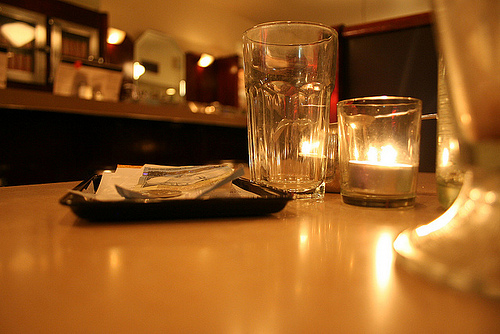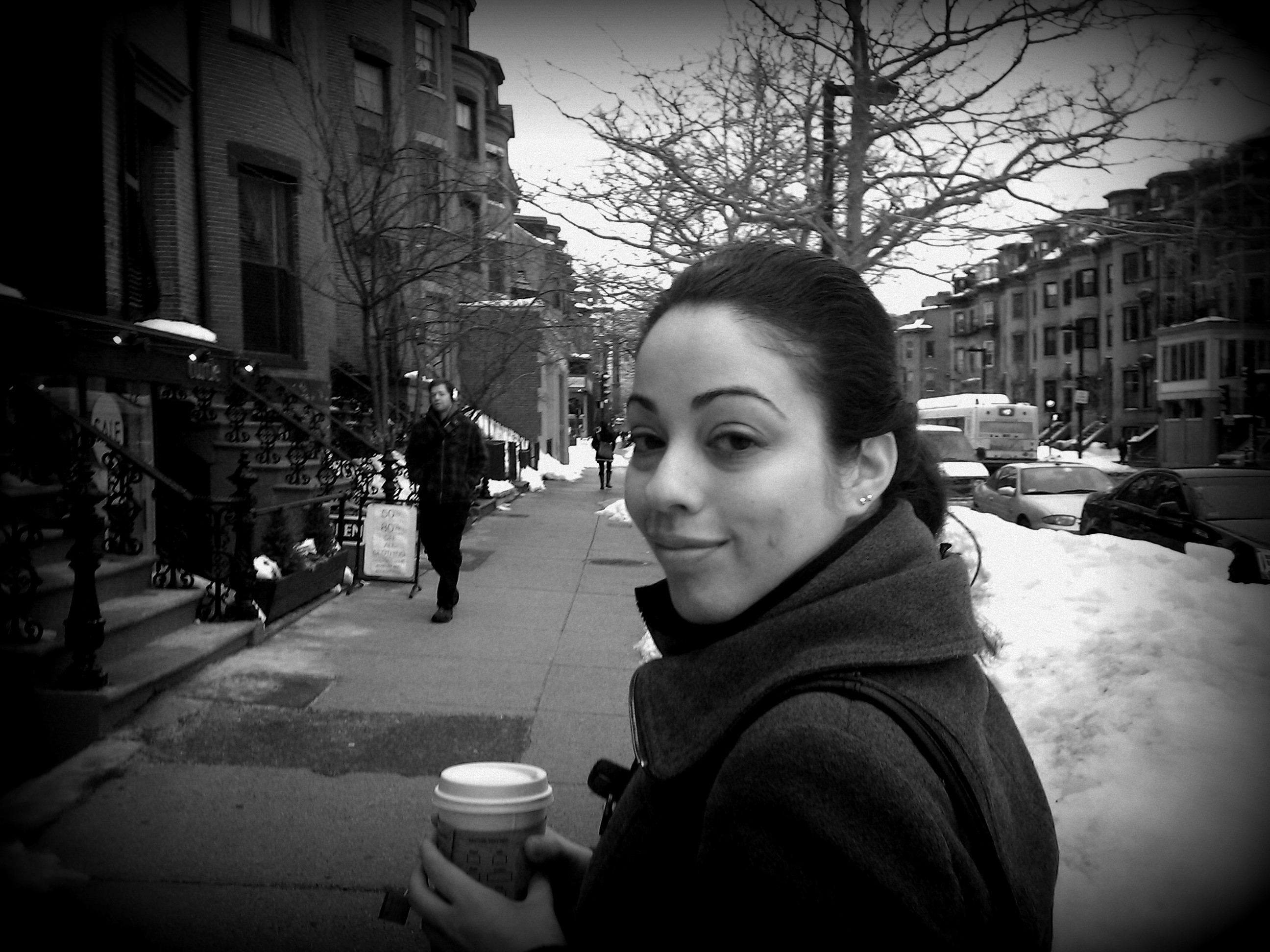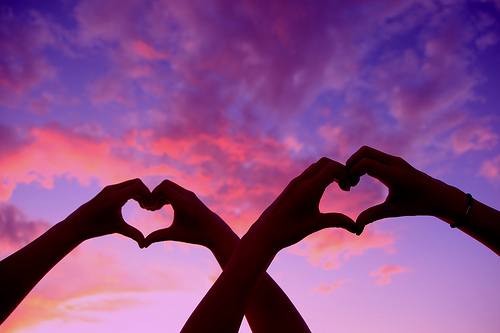Every single time some "boi" makes a sexist joke about bringing in the bacon for "my woman" or a straight dude presumes to know who "wears the pants" in my relationship, or a waiter assumes I'm the one that's paying the bill (even after my femme partner asks for it),…
-
-
A Love Poem to Say Goodbye: Things I Didn’t Know I Loved
A parting poem from my beautiful partner. She read this at my goodbye party last weekend, and wanted me to share it with all of you. As she has dedicated this to me, I dedicate this to everyone who loves an activist, who gives them sustenance when they are running…
-
Love and Afrofeminism: Introducing a New Blog Series and #AfroFemLove Twitter Chat
Love is absolutely a feminist issue, a recurring theme in various parts of the political landscape. But we've grown so accustomed to framing our discussions and ideas for progress around everything but love—instead, facts, figures, statistics, issues, enlightement or problematicness—that I fear we've inadvertently distanced ourselves from the most important…


